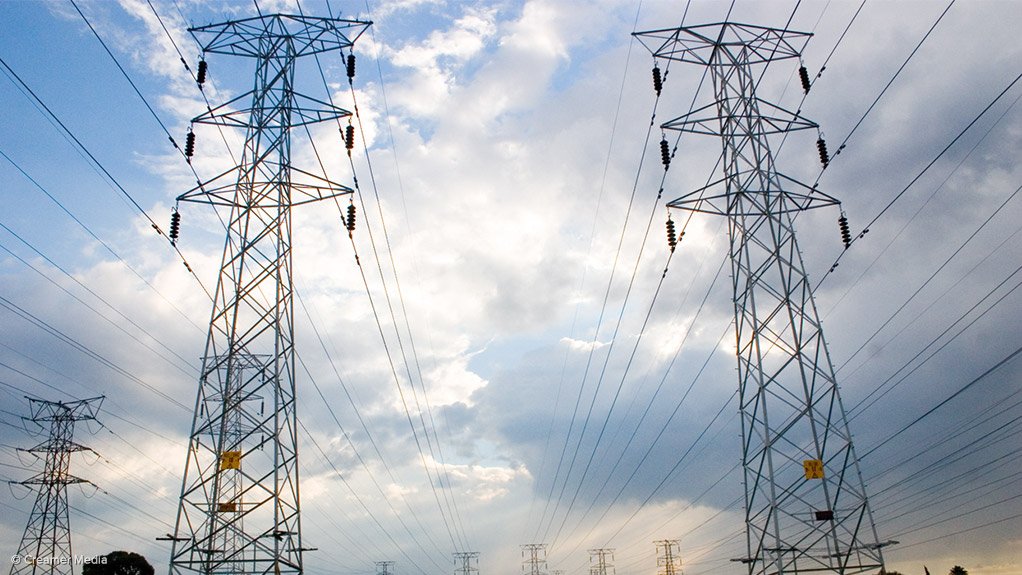Durban residents will experience load-shedding in coming weeks, this after eThekwini Metro's electricity infrastructure was so heavily compromised during the April floods that the City could not produce enough power to load shed.
In a joint statement released on Monday, Eskom and the City of eThekwini said Durban had been exempt from load-shedding after the April floods, which saw around 400mm of rainfall which severely damaged infrastructure.
While many municipalities across the province were affected in varying degrees, eThekwini in particular took the full force of the storm, the statement read.
eThekwini head of electricity Maxwell Mthembu said the City had not received a concession from Eskom, adding that it was nowhere near its required power usage after the deadly floods.
"eThekwini has never been exempted from load-shedding. Since we lost between 700MW to 800MW, we have been trying to recover from it, up to today," he said on Monday.
He said the City also had a deficit of 200MW due to the infrastructure damage.
"We are still having more than 200MW not accounted for, which is a load we do not have in eThekwini. Hence the participation is not possible for load-shedding because of the 200MW. That is equivalent to the load-shedding in Stage 4 that Eskom is demanding.
"There is no exemption, we just do not have a load to shed."
Mthembu said the City and Eskom were working on a new schedule. He said some substations would not be affected at all.
"We are mindful that there are going to be substations totally excluded from load-shedding going forward, such as Marianridge substation.
"There are others in the south in particular, including the one supplying electricity to Toyota in Prospecton.
"We are going to have regular meetings with Eskom to assess the condition of our network and the impact of load-shedding that will be introduced in a new schedule."
In their joint statement, eThekwini and Eskom said that while many municipalities across the province were affected in varying degrees, Durban in particular had taken the full force of the storm.
Key infrastructure like roads, bridges, electricity and water infrastructure had been "catastrophically damaged".
Since the floods, Eskom and eThekwini Electricity had met on several occasions "to manage the risk".
At these meetings, the City indicated that, "in an effort to prevent and mitigate any further risk and potential damages to infrastructure, it was unable to discharge load-shedding according to the load-shedding schedules".
"Studies indicate that in the aftermath of the disaster, the Municipality lost 50% (between 700MW to 800MW) of electrical load on their electrical infrastructure. To date, a significant portion of this load has not been restored and will continue to be off the grid until extensive repairs are carried out," the statement said.
Both Eskom and the eThekwini Metro agreed that the integrity of the electrical infrastructure was so severely compromised, that if some were to trip, either through load-shedding or an electrical fault, "it is possible and likely that the municipality grid could be even more severely damaged, thus further lengthening the duration of the outage".
Impact on water supply
Both Eskom and the City said they were mindful that further electrical damage would severely compromise the municipality’s current water rationing programme which was introduced immediately after the disaster to protect water supply that was compromised during the floods.
Many parts of the city are still without water after the floods.
The joint statement said eThekwini Metro was currently operating in an emergency capacity, for both electrical and water services.
"The Municipality has agreed on the process for the soonest implementation of load-shedding to assist Eskom to mitigate the risk of a National Grid collapse. The Municipality has further assessed the long-term strategy to implement load-shedding as soon as possible to the equivalent load as was the case prior to the disaster."
Based on the assessment and discussions, Eskom said it accepted:
- The municipality’s electrical network and water infrastructure is in an extremely vulnerable state. Additional risk needs to be managed very carefully;
- The municipality is committed to implement load-shedding in a safe and sustainable manner in consultation with Eskom when the National Grid is at risk;
- If for any reason, after load-shedding in the first few instances, a negative impact on the electrical and water infrastructure is deemed to be unacceptably high, the municipality will need to engage with Eskom immediately;
- The Municipality has already begun to perform all the required planning to ensure that the above can be executed;
- That the Energy Regulator of South Africa be kept informed of the status of the eThekwini Municipality network as outlined above;
- As a responsible Organ of State, the municipality agreed on the need to implement load-shedding for the purposes of grid stability;
- Both Eskom and the City committed to assess the progress regularly and to work closely to minimise risk to the Municipality and to the grid.
EMAIL THIS ARTICLE SAVE THIS ARTICLE
To subscribe email subscriptions@creamermedia.co.za or click here
To advertise email advertising@creamermedia.co.za or click here











